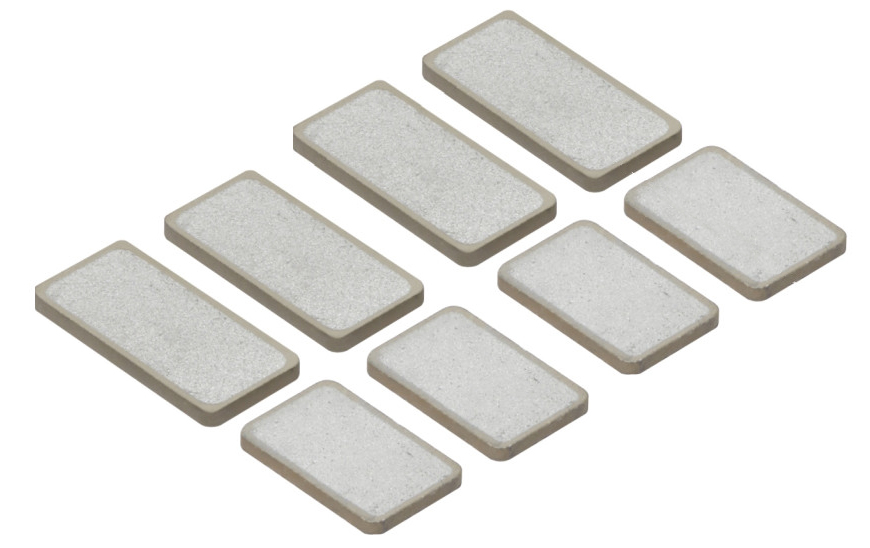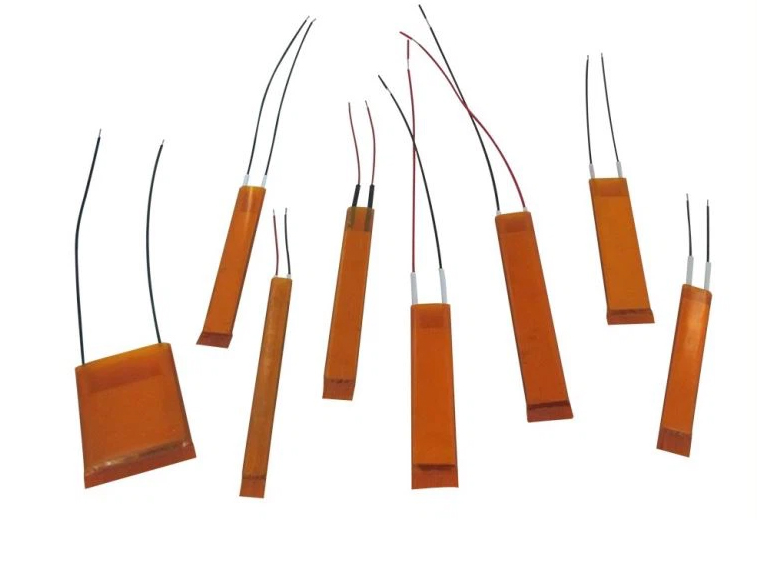A PTC heater, also known as a Positive Temperature Coefficient heater, is a type of heating element that utilizes the positive temperature coefficient characteristics of certain materials to generate heat. PTC heaters are widely used in various applications, including automotive, household appliances, industrial equipment, and electronics.
The key feature of PTC heaters is their self-regulating nature. The heating element is made of a material with a positive temperature coefficient, meaning its electrical resistance increases with an increase in temperature. When electricity flows through the PTC heater, it initially heats up quickly due to its low resistance. As the temperature rises, the resistance of the material increases, which causes the heater to generate less heat and eventually reach a steady-state temperature.

This self-regulating behavior of PTC heaters makes them inherently safe and prevents overheating. They do not require additional temperature control devices like thermostats, as their resistance automatically adjusts with temperature changes. PTC heaters are known for their fast response time, energy efficiency, and reliability.
In practical applications, PTC heaters are often used for heating air or liquids, defrosting systems, cabin heating in vehicles, heating elements in hair dryers, space heaters, and other heating applications where precise temperature control is not necessary.

created with
Website Builder Software .